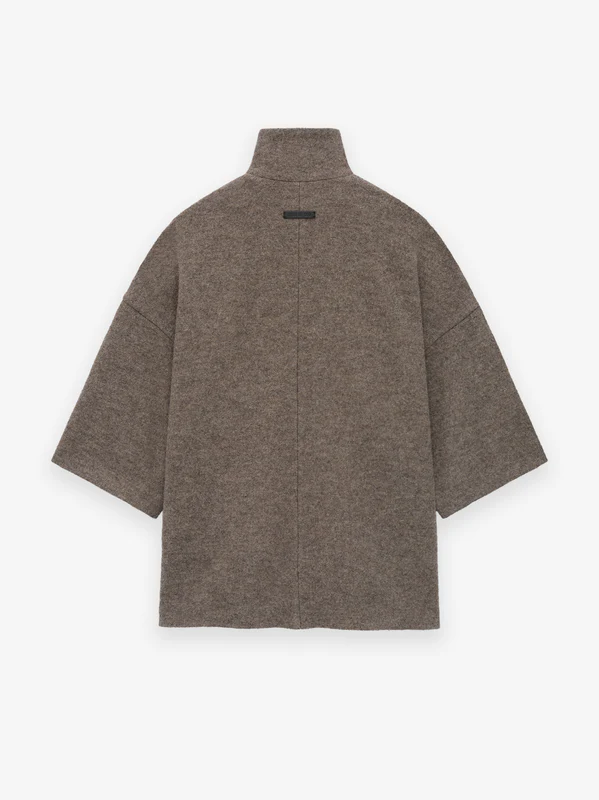In today’s modern world, Muslims living in the UK often seek guidance on personal, familial, and community matters according to Islamic principles. The Commission of Fatwa & Sharia Affairs provides crucial services to help Muslims resolve their issues through Sharia law UK, offering expert religious counsel and assisting with matters such as Islamic divorce, marriage, inheritance, and family disputes. Understanding the role and responsibilities of such an institution is essential for anyone seeking religious guidance in accordance with Islamic teachings.
What Is Sharia Law?
Sharia law is derived from the Quran, the Hadith (the sayings and practices of the Prophet Muhammad), and centuries of scholarly interpretation. It serves as the legal framework within which Muslims are expected to live their lives. Unlike secular law, Sharia law governs both the spiritual and day-to-day aspects of a Muslim’s life, including prayers, fasting, marriage, business dealings, and personal conduct.
In the UK, Muslims often turn to Sharia councils to seek resolutions in areas where their personal, family, or financial issues intersect with Islamic law. While Sharia law UK is not recognized in the UK’s legal system as a standalone law, it is widely accepted and practiced within Muslim communities for resolving private matters.
Understanding the Role of a Sharia Council in the UK
A Sharia council UK is a body of Islamic scholars who provide advice, arbitration, and guidance on matters of Islamic law. The Commission of Fatwa & Sharia Affairs serves as a key authority in offering these services to Muslims in the UK. They provide rulings (fatwas) on religious and personal matters, including marriage, divorce, business disputes, and ethical concerns, helping Muslims live according to the teachings of Islam while adhering to the local laws of the UK.
These councils do not have legal power in the UK, but they provide an essential service by helping resolve disputes and providing religious guidance that aligns with the values and principles of Islamic law.
Islamic Divorce in the UK
One of the most common reasons Muslims in the UK seek the help of a Sharia council UK is to obtain an Islamic divorce. The process for Islamic divorce UK differs significantly from a civil divorce, as it requires specific steps according to Sharia law UK. In Islam, divorce is seen as a last resort, and every effort is made to reconcile the couple before a divorce is finalized.
There are two main types of Islamic divorce:
- Talaq (Divorce initiated by the husband): In this type of divorce, the husband pronounces “Talaq” three times, and after a waiting period known as the “Iddah,” the divorce is finalized. The Sharia council UK assists with ensuring that the correct procedures are followed, and that both parties are aware of their rights and obligations under Sharia law.
- Khula (Divorce initiated by the wife): In this process, the wife can request a divorce, but it requires the husband’s consent or a ruling from a Sharia council if consent is not granted. The Islamic divorce UK process is guided by strict rules to ensure fairness to both parties.
The Commission of Fatwa & Sharia Affairs plays a vital role in providing religious counsel during these challenging times. Their team of Islamic scholars ensures that the correct process is followed, offering guidance and mediation to ensure the rights of both individuals are respected.
The Importance of Islamic Scholars in the UK
Islamic scholars are highly respected within the Muslim community, as they possess deep knowledge of Islamic jurisprudence, ethics, and theology. These scholars serve not only as legal advisors but also as spiritual guides for Muslims seeking to lead a life according to Islamic principles. Their role is crucial in interpreting Islamic texts and offering Islamic advice on a range of issues, from everyday personal matters to complex legal disputes.
At the Commission of Fatwa & Sharia Affairs, the scholars are committed to offering balanced, fair, and knowledgeable guidance. Whether it is a personal question regarding worship or a more complicated issue like business ethics, the Islamic scholar team provides tailored advice based on traditional Islamic teachings, while taking into account the context of living in the UK.
Islamic Advice for Modern-Day Issues
The modern world presents many challenges for Muslims trying to follow the teachings of Islam. Issues related to finance, family life, and personal conduct often require careful navigation between Islamic principles and the realities of life in the UK. The Commission of Fatwa & Sharia Affairs is equipped to handle these concerns by offering Islamic advice on a broad spectrum of issues, including:
- Marriage and family disputes
- Inheritance and wills
- Business transactions
- Personal conduct
- Community matters
By providing relevant, reliable, and accurate advice, the Commission of Fatwa & Sharia Affairs ensures that Muslims in the UK can make informed decisions that comply with both Sharia law UK and local regulations.
The Role of the Muslim Sharia Council in Dispute Resolution
For Muslims in the UK, resolving disputes in accordance with Islamic principles is an important aspect of their faith. The Muslim Sharia council assists in mediating and resolving disputes, particularly in areas like marriage, divorce, and inheritance. This is where the Commission of Fatwa & Sharia Affairs plays a crucial role, as it offers mediation and arbitration services that aim to bring a fair resolution based on Islamic law.
The council’s process is designed to be efficient, fair, and compassionate. By focusing on mutual respect and Islamic justice, the Muslim Sharia council can help parties come to an agreement that satisfies both Islamic law and the expectations of the individuals involved.
The Benefits of Seeking Islamic Guidance
Living in a non-Muslim country like the UK presents unique challenges for Muslims trying to live by the principles of Islam. By seeking guidance from the Commission of Fatwa & Sharia Affairs, individuals can ensure that their actions and decisions are in line with their faith. The council offers practical solutions and religious rulings that help Muslims navigate their daily lives while staying true to their beliefs.
Whether you’re seeking advice on an Islamic divorce UK, business dealings, or family matters, consulting a reputable and knowledgeable body like the Commission of Fatwa & Sharia Affairs ensures that your concerns are handled with care, integrity, and a deep understanding of Sharia law.
Conclusion
The Commission of Fatwa & Sharia Affairs is an indispensable institution for Muslims living in the UK, providing essential services that help them live according to their faith while navigating the complexities of modern life. Whether it’s through issuing fatwas, mediating family disputes, or offering Islamic advice, the commission serves as a bridge between traditional Islamic values and the contemporary challenges of living in a diverse, secular society.
Through the guidance of expert Islamic scholars, Muslims can resolve their personal and family matters with confidence, knowing they are upholding the teachings of Islam. For those seeking Sharia law UK, the commission stands as a pillar of support and a trusted source of religious guidance in an ever-changing world.



